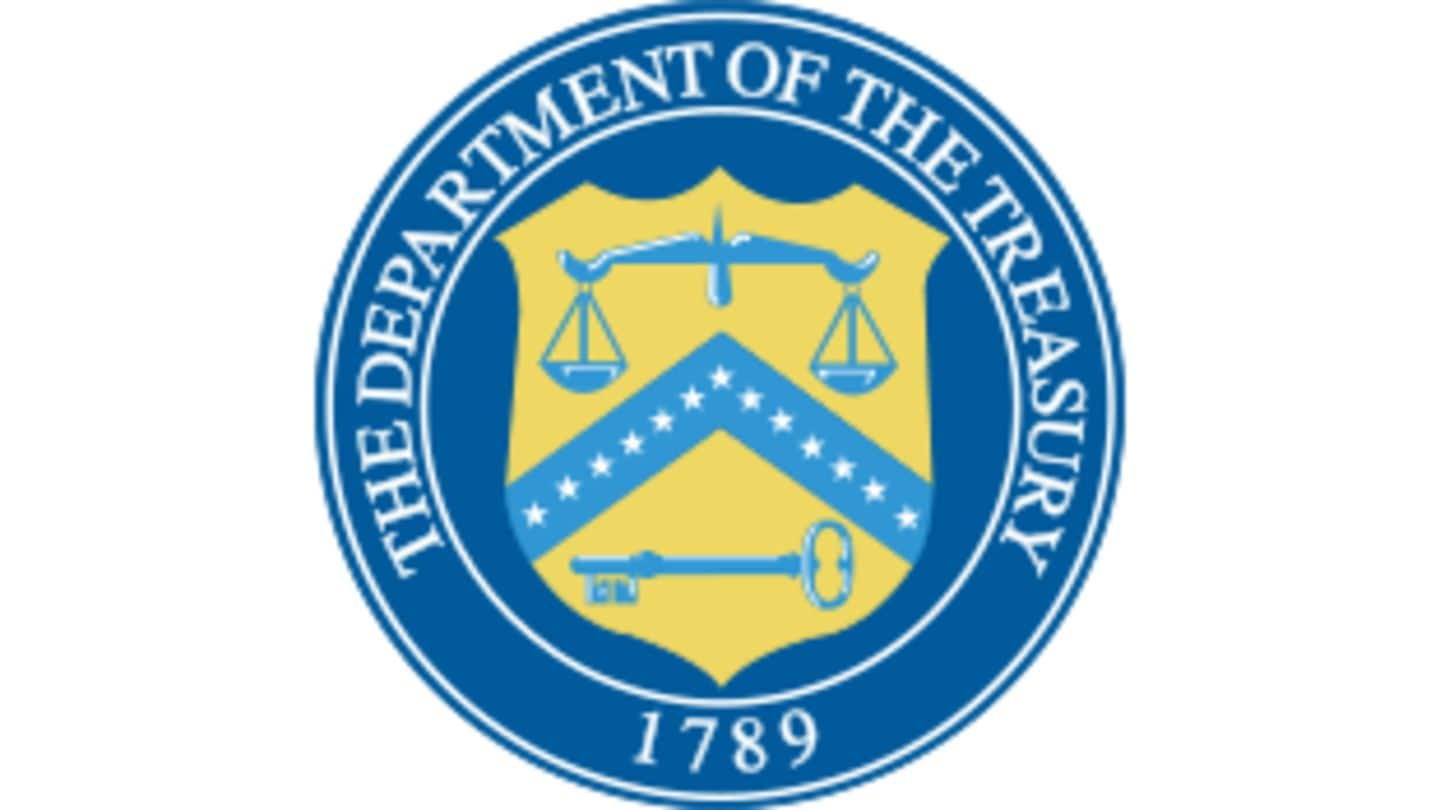
US imposes fresh sanctions on Iranian entities
What's the story
Just days after backing out from the Iran nuclear deal, and amid rising tensions in the Middle East, the US has now imposed fresh sanctions on six people and three companies with ties to Iran's elite military force, the Islamic Revolutionary Guard Corps (IRGC).
The sanctions are meant to impose restrictions on funding for the IRGC's "malign activity".
Here's more.
Quote
Mnuchin: Iran funds the world's largest stated sponsored terror
"Countries around the world must be vigilant against Iran's efforts to exploit their financial institutions to exchange currency and fund nefarious actions of the IRGC-QF and the world's largest state sponsor of terror," US Treasury Secretary Steve Mnuchin, said.
Details
Iran's central bank expected to be on sanction list soon
The move was carried out in conjunction with the United Arab Emirates.
US Treasury Secretary Steve Mnuchin added that Iran's central bank had helped the IRGC get access to US dollars through a "large-scale currency exchange network".
Although Iran's central bank wasn't sanctioned in this round, it's expected to be added to the list as the US seeks to cut Iran off from dollars.
Do you know?
A background on the IRGC
The Islamic Revolutionary Guard Corps (IRGC) was set up immediately after Iran became an Islamic republic in 1979, after clerics seized power from the monarchy under the leadership of Ayatollah Khomeini. In October 2017, Trump called the IRGC a "corrupt terror force and militia".
Trump administration
The Trump administration is flexing its economic muscles
After pulling out from the nuclear deal, the Trump administration is leveraging the US' economic power and the power of the US dollar as the world's reserve currency to pressurize Iran.
The Trump administration wants a new nuclear deal permanently restricting Iran's nuclear programme and ballistic missile programme, and wants Tehran to withdraw support to militants in the region.
Rallying allies
The US is planning to rally allies to pressurize Tehran
In a bid to press its case, the US is now planning to send officials to several nations in Asia, Europe, and the Middle East.
The aim of the activity would be convince as many countries as possible to impose sanctions on Iran.
The idea, however, is not to ruin Iran's economy, but to pressurize Tehran into negotiating new terms.